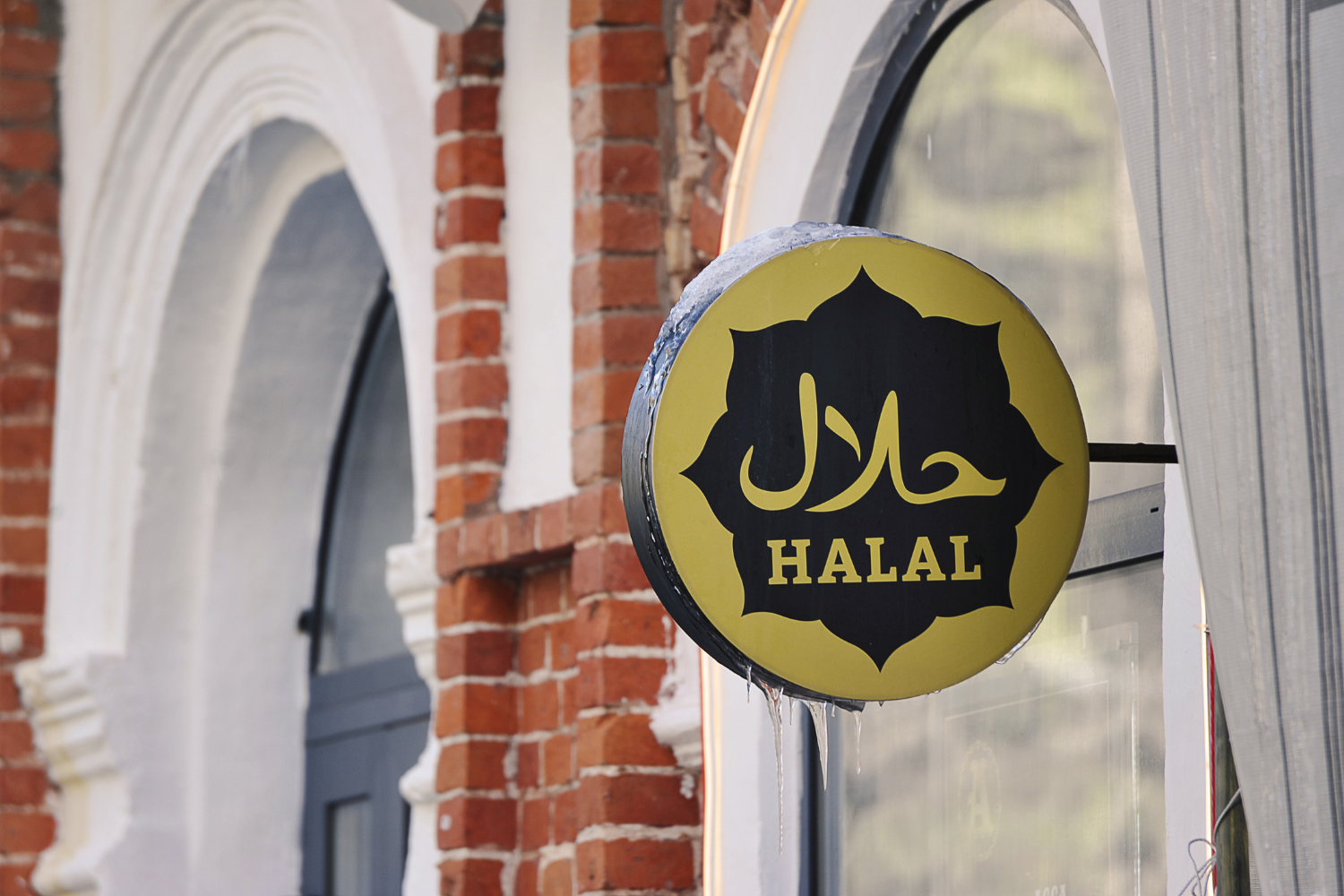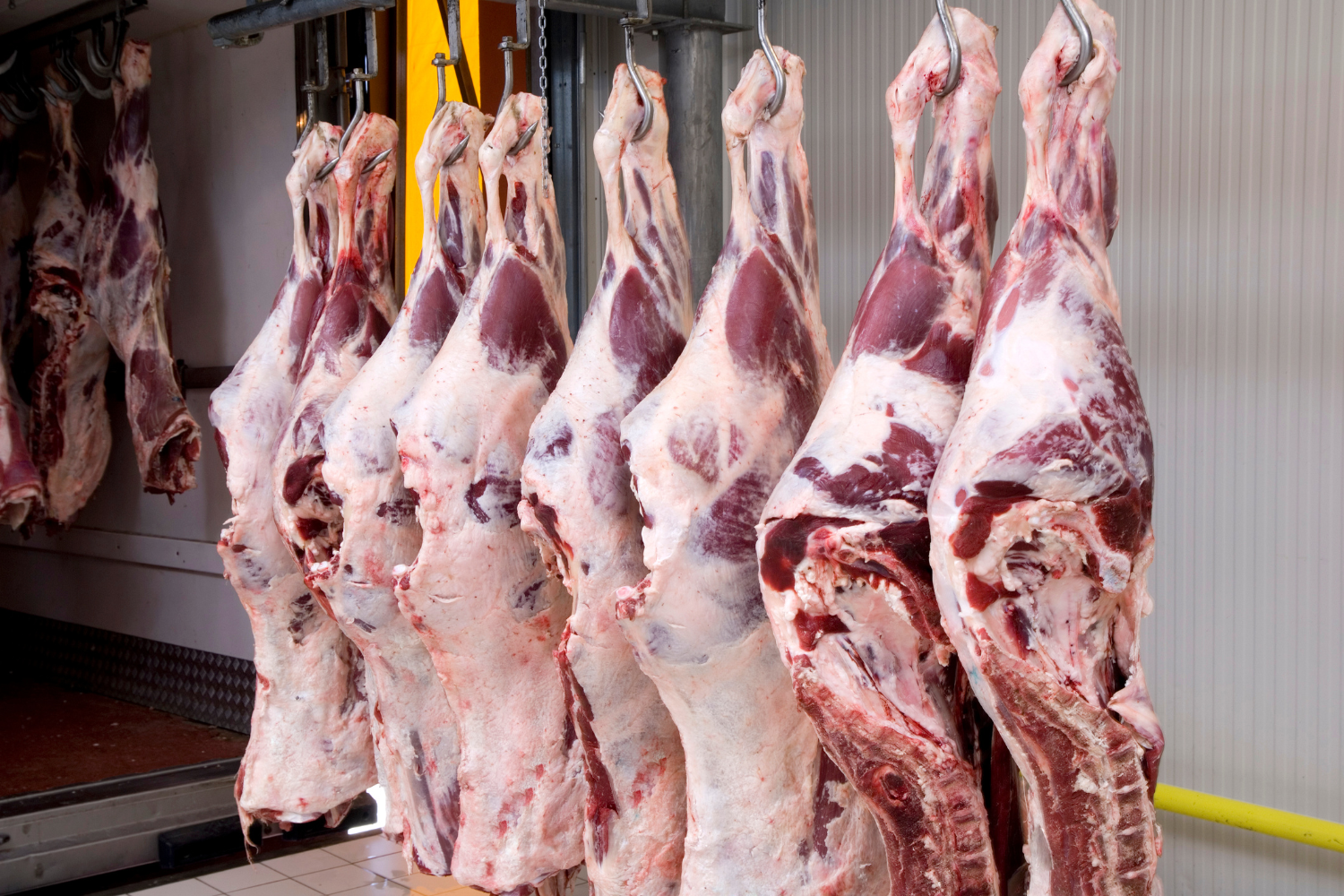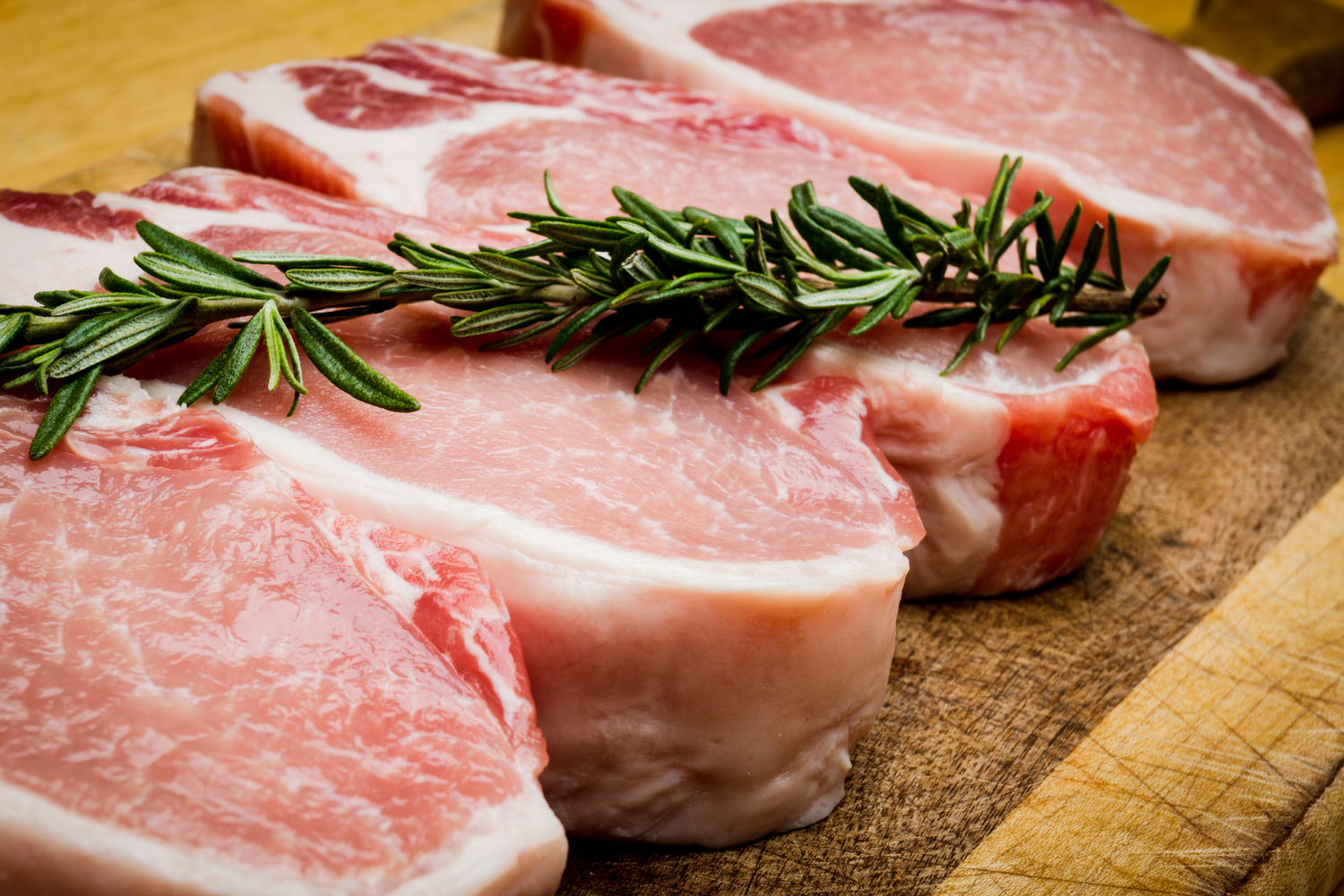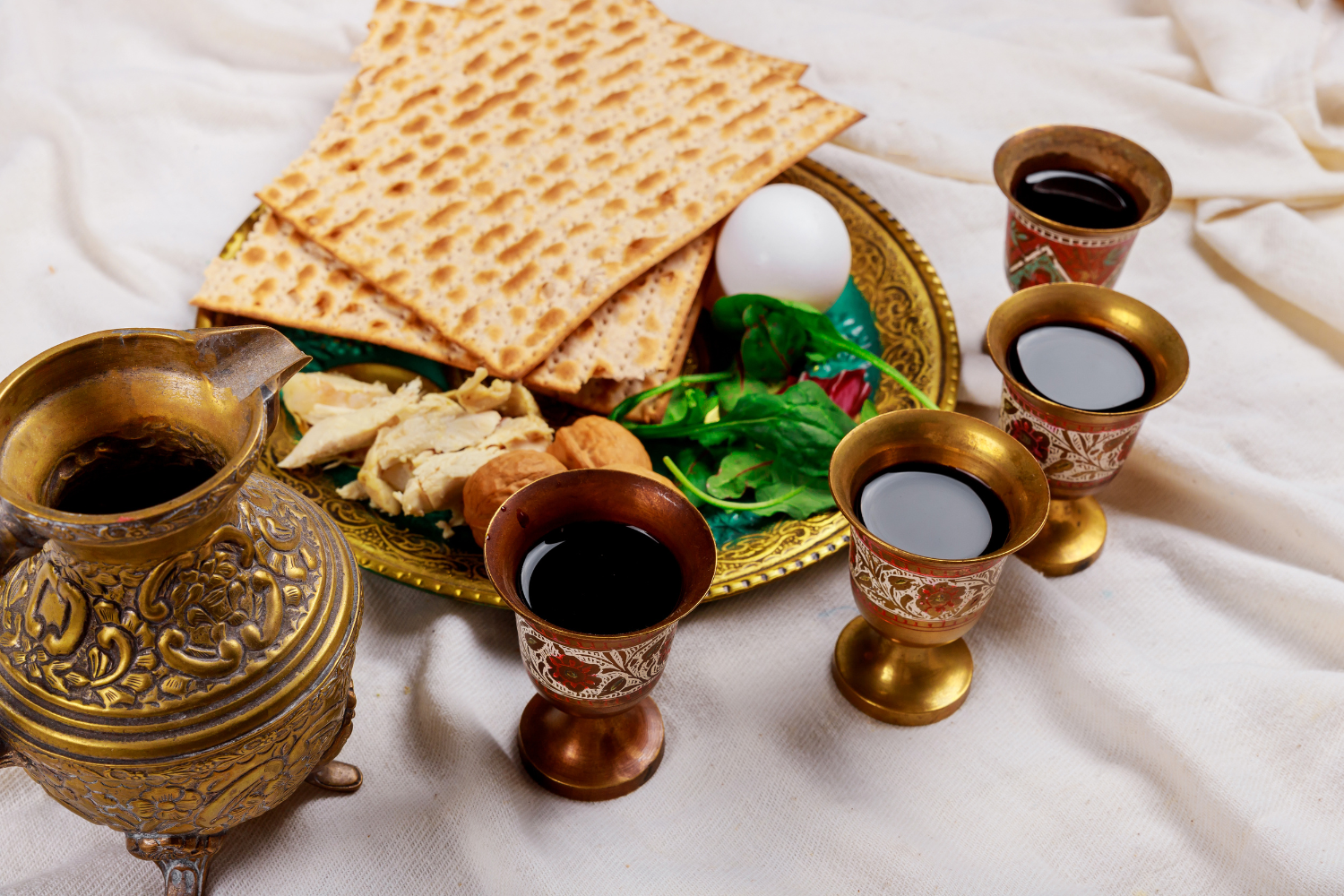The term halal, derived from the Arabic word meaning “permissible,” is a key concept in Islamic dietary laws and practices. It extends beyond food, shaping the preparation of halal meat, food products, and even cosmetics and supplements.
With the global rise of halal-certified items and supermarkets selling halal products, understanding halal principles and standards has become essential for businesses and consumers alike. This article explores what halal is, the Islamic guidelines and methods that define it, and its growing significance in meeting ethical, dietary, and market demands.

Table of Contents
ToggleWhat Does Halal Mean?
The word halal comes from the Arabic word meaning “permissible” or “lawful,” which is a key concept in Islamic law. Halal refers to practices and products that align with Islamic guidelines, covering food, drinks, personal care items, pharmaceuticals, and daily life.
The opposite of halal is haram, which means “forbidden” or “prohibited.” This distinction is significant in Islamic dietary laws, which ensure that food and products meet specific ethical and religious standards.

What Are Halal Standards for Food?
Halal food must meet strict Islamic guidelines for sourcing, preparation, and processing. These standards emphasize ethical practices, cleanliness, and adherence to religious principles.
Halal Animal Sourcing
Animals used for halal food must be healthy and treated humanely throughout their lives. This includes providing adequate care, clean living conditions, and avoiding unnecessary harm or suffering. Proper animal welfare is central to halal guidelines.
Certain animals, such as pigs and carnivorous animals, are considered haram and cannot be used for halal food. This strict exclusion ensures that halal products align with Islamic dietary laws and the ethical principles outlined in Islamic jurisprudence.

Proper Slaughtering Methods (Zabiha)
Animals must be slaughtered according to specific halal guidelines known as zabiha. This process requires a Muslim to perform the act while reciting Bismillah (“In the name of Allah”) to ensure the practice aligns with Islamic law.
The blood must be fully drained from the animal during slaughter to maintain cleanliness and purity. This method minimizes the animal’s suffering and ensures the food is prepared according to Islamic dietary principles.

Prohibited Ingredients
Halal food products must avoid any substances classified as haram, which are prohibited according to Islamic dietary laws. These ingredients violate halal guidelines and may introduce cross-contamination risks during food preparation or processing. Businesses sourcing or producing halal food must ensure that their supply chains are free of such components. Common haram substances include:
- Pork and pork by-products: This includes bacon, lard, and any food items containing pork-derived ingredients.
- Alcohol and intoxicants: Even small traces of alcohol, such as those used in flavorings or cooking, render a product haram.
- Gelatin or enzymes from non-halal sources: Gelatin from pigs or non-halal slaughtered animals is prohibited in halal products. Halal-certified gelatin, sourced from halal animals, is used as an alternative in many processed foods and desserts.
- Animal by-products from non-halal animals: Ingredients like rennet or other enzymes must come from certified halal animals.
Manufacturers must rigorously evaluate all food items and processes for halal certification to ensure compliance with these standards.

What Other Products Can Be Halal?
Halal is not limited to food and beverages; it also applies to a wide range of products that must align with Islamic guidelines. Many industries now offer halal-certified options to meet the needs of Muslim consumers and those seeking ethical, high-quality items. These include:
- Personal Care Products: Halal cosmetics, skincare, and haircare items exclude haram ingredients like alcohol and animal-derived substances from non-halal sources.
- Supplements and Medicine: Capsules and other pharmaceutical products avoid non-halal gelatin or haram additives.
- Clothing and Leather: Leather goods and textiles are made using halal-certified materials, such as hides from halal-slaughtered animals.

Why Is Halal Important?
Halal practices are vital for both religious observance and the growing market demand for ethical, clean, and sustainable products.
Religious and Spiritual Significance
Halal ensures Muslims consume and use products that align with their faith and principles. Islamic dietary laws, as outlined in the Quran and interpreted by Islamic scholars, require adherence to halal guidelines to maintain spiritual purity. This connection strengthens the bond between daily practices and religious beliefs, making halal an essential part of life for many Muslims.
Health and Hygiene Benefits
Halal standards emphasize ethical sourcing and preparation, including humane animal treatment and avoiding cross-contamination with non-halal items. These measures are intended to promote ethical practices, cleanliness, and compliance with halal principles for product preparation.
Growing Global Market
The demand for halal products continues to rise worldwide, driven by increasing Muslim populations and consumer interest in ethical, high-standard goods. Supermarkets selling halal products, halal-certified restaurants, and a growing variety of halal lifestyle options highlight the broad appeal of this market. Businesses that comply with halal standards can tap into a multi-billion-dollar industry, expanding their reach and catering to diverse consumer needs.

What Is Halal Certification?
Halal certification is a process where products are verified to meet the strict standards of Islamic dietary laws and practices. This certification ensures that every step, from sourcing ingredients to production and packaging, complies with halal principles. Products with halal certification are recognized as permissible for consumption or use by Muslims and are often marked with a certification logo for easy identification.
Who Issues Halal Certification?
Halal certification is issued by recognized certifying bodies that ensure businesses adhere to Islamic guidelines. These organizations evaluate products, supply chains, and manufacturing processes to confirm compliance with halal standards.
Prominent examples include JAKIM in Malaysia, IFANCA in the USA, and HMC in the UK. Each organization has its own guidelines tailored to meet the needs of local Muslim communities while adhering to globally accepted halal principles.
How to Recognize Halal-Certified Products
Halal-certified products are typically marked with a logo from a recognized halal certifier. This logo is a reliable indicator that the product has been thoroughly reviewed and meets halal standards.
The certification covers the product itself and ensures that processing methods, ingredient sourcing, and packaging avoid cross-contamination with non-halal substances. This guarantees compliance throughout the supply chain.
Common Misconceptions About Halal
“Is Halal Only About Food?”
Halal is not limited to food but applies to all permissible products under Islamic law. This includes supplements, cosmetics, personal care items, and even textiles. Products like halal-certified capsules, skincare without haram ingredients, and ethically sourced leather fall under the broader category of halal goods.
“Does Halal Only Benefit Muslims?”
Halal products are created to meet Islamic guidelines, but their focus on hygiene, safety, and ethical practices appeals to a wide range of consumers. Many non-Muslims prefer halal products for their emphasis on animal welfare, clean production processes, and high-quality standards.
“Is Halal Slaughter Cruel to Animals?”
Halal slaughter methods prioritize the humane treatment of animals. Animals are treated with care before the act and are slaughtered swiftly using a sharp knife to minimize suffering. A prayer is recited, respecting the life being taken, and the process ensures cleanliness and ethical animal handling.
How Is Halal Different From Kosher?
Halal and kosher dietary laws emphasize ethical sourcing, humane animal treatment, and strict food preparation standards rooted in religious principles. While there are similarities, the two systems cater to different religious communities—Muslims for halal and Jewish individuals for kosher—and include unique requirements based on their respective scriptures, Islamic law, and Jewish law.
Both systems are widely respected for their focus on dietary discipline and humane practices, but their rules diverge significantly in certain areas.
Key Differences
- Both halal and kosher prohibit the consumption of pigs and their by-products. However, kosher dietary laws differ in how they handle certain animal parts and preparation methods.
- Halal requires a prayer during slaughter, where the name of Allah is invoked (Bismillah), while kosher does not mandate a prayer.
- Kosher prohibits mixing meat and dairy, a fundamental rule of Jewish dietary laws, while halal has no such restriction.
- Halal includes guidelines for non-food products, such as halal-certified cosmetics and pharmaceuticals, which Kosher typically does not cover.
- Kosher slaughter methods focus on inspecting the lungs of animals for defects, a step that is not required in halal slaughter.
Both systems represent comprehensive dietary guidelines, but understanding these differences is essential for businesses and consumers navigating these unique markets.

The Importance of Understanding Halal
Halal represents more than just dietary laws; it is a way of life rooted in Islamic principles, extending to food, personal care items, and other products. Its significance lies in aligning with ethical practices, hygiene, and religious values, making halal essential for Muslims and appealing to non-Muslims seeking high-quality, ethically produced goods.
The growing global demand for halal-certified products provides businesses with a valuable opportunity to expand their markets, gain consumer trust, and meet the needs of a diverse customer base. Exploring halal certification can help businesses align with these values and succeed in a competitive marketplace.
Frequently Asked Questions
Is Halal Food Healthier?
Halal emphasizes cleanliness and ethical preparation, but health benefits depend on overall dietary choices and food preparation methods.
Can Non-Muslims Eat Halal Food?
Yes, halal food is suitable for anyone, as it adheres to strict hygiene, quality, and ethical standards.
How Can Businesses Get Halal Certification?
Businesses can obtain halal certification by complying with halal guidelines and applying through a recognized halal certifier.
What Foods Are Always Haram?
Pork, alcohol, and meat from improperly slaughtered animals are always considered haram under Islamic dietary laws.
Does Halal Certification Apply to Non-Food Items?
Yes, halal certification also applies to cosmetics, personal care items, and pharmaceuticals free of haram substances.
References
- American Halal Foundation. (n.d.). What is Halal? What Halal Means. https://halalfoundation.org/insights/what-is-halal/
- American Halal Foundation. (2024). AHF Halal Standards. https://halalfoundation.org/ahf-halal-standards/
- Halal Expo Canada (2024). Market Growth and Competition in the Global Halal Industry. http://halalexpocanada.com/news/market-growth-and-competition-in-the-global-halal-industry
- Halal Food Authority (n.d.). Pharmaceuticals – Halal Food Authourity. https://halalfoodauthority.com/pharmaceuticals/
- Halal Malaysia Portal (n.d.). Halal Malaysia Portal. https://www.halal.gov.my/
- Halal Standards Institute of America (n.d.). North American Halal Standards. https://www.halalstandards.org/
- IFANCA (n.d.). Certified Halal Products. https://ifanca.org/halal-certified-products/
- Standards and Metrology Institute for Islamic Countries (2023). New Halal Standards. https://www.smiic.org/en/content/731




